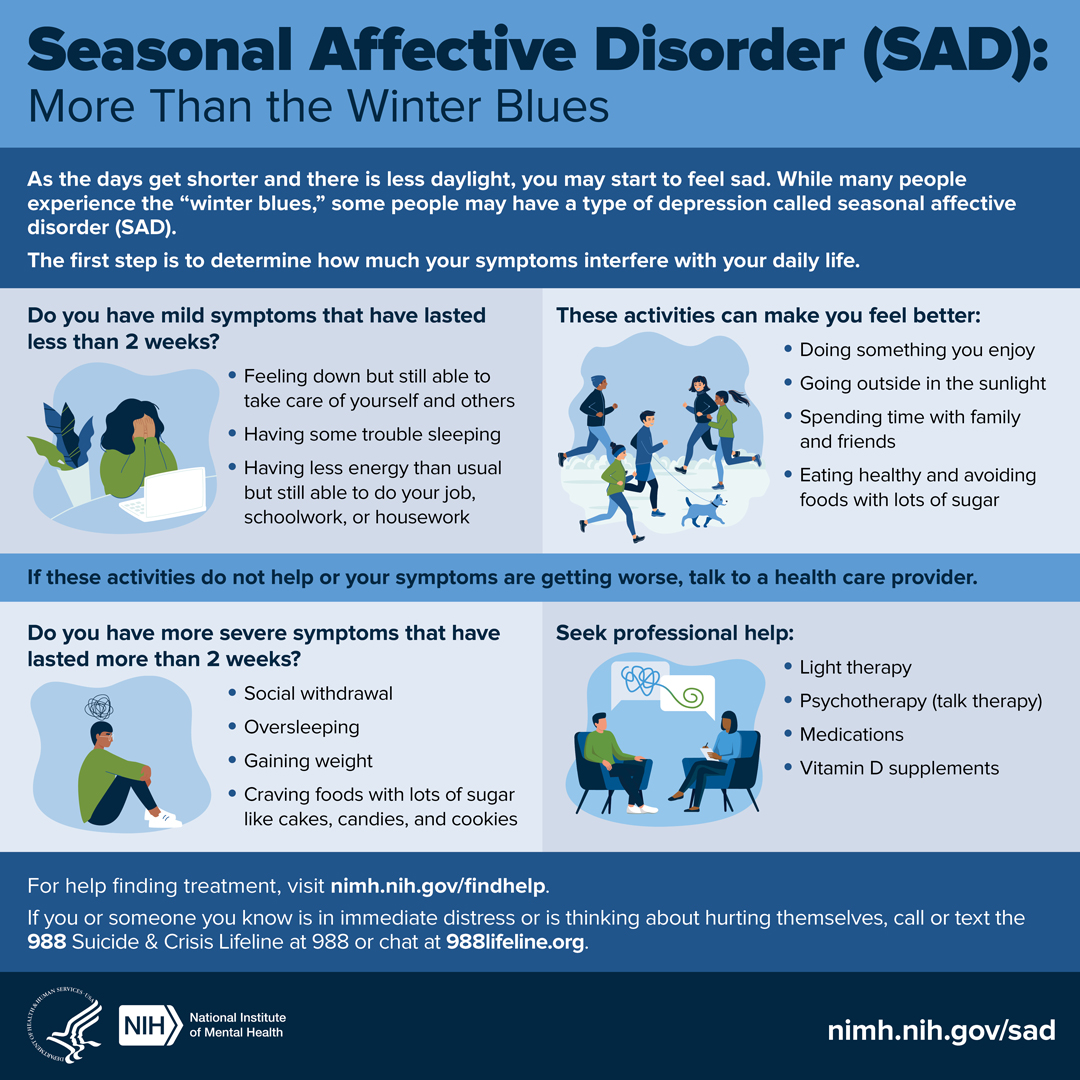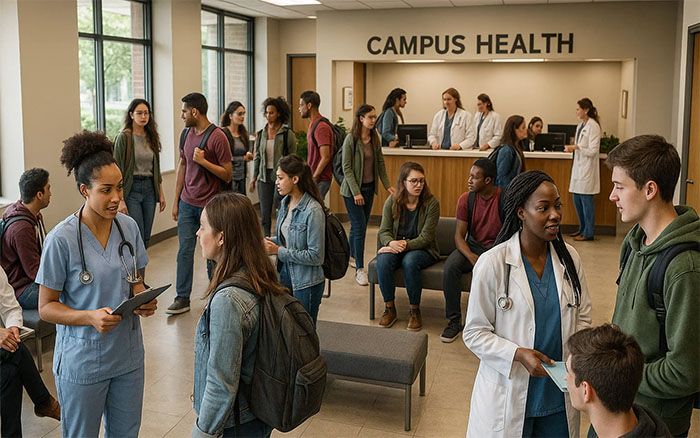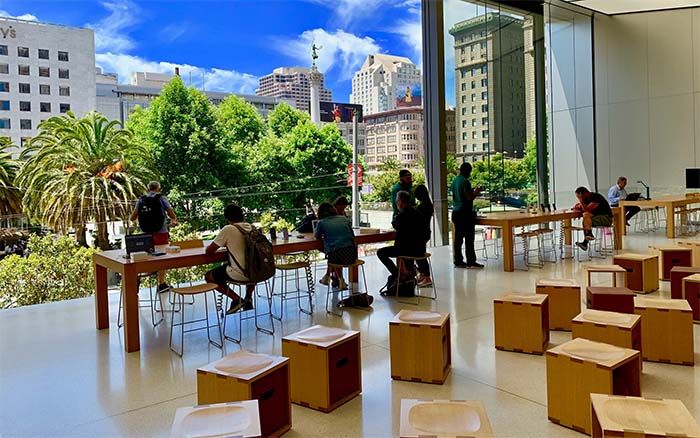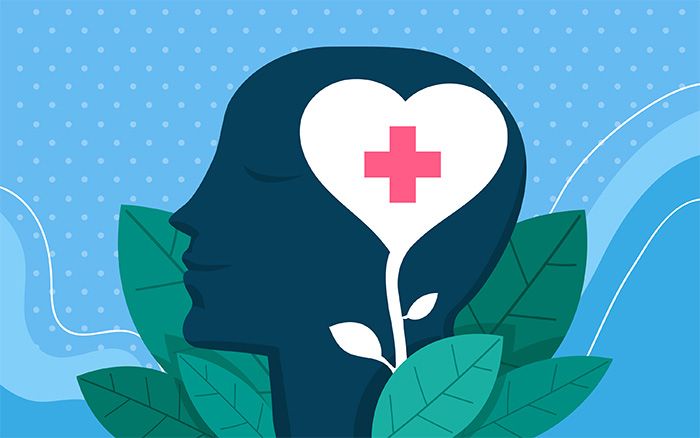Understanding the Impact of Seasonal Depression on College Students
It’s no secret that college students face a number of mental health challenges, and seasonal depression is one of them.
Seasonal depression, also known as seasonal affective disorder (SAD), is a type of depression that occurs during certain times of the year, often in response to shorter days and less sunlight.
It’s not uncommon for college students to experience this kind of depression, so it’s important for universities to recognize the potential symptoms and have an action plan in place to help those affected.
In this blog, we’ll explore:
- The causes and symptoms of seasonal depression
- What colleges can do to create a supportive environment
- How college counseling centers can help
Exploring the Causes of Seasonal Depression
It’s estimated that around 5% of adults suffer from SAD, but the exact cause of this condition is not yet fully understood. Still, it’s believed to be due to a combination of factors such as:
- Lack of sunlight: Winter-onset SAD may be caused by the decrease in the amount of sunlight during fall and winter, impacting the internal clock.
- Changes in serotonin levels: Reduced sunlight can result in serotonin levels dropping which can impact mood and contribute to SAD.
- Melatonin disruption: Changing seasons can impact the melatonin balance in our bodies, impacting mood and sleep patterns.
Overall, it’s essential to understand the potential causes and effects of seasonal depression amongst college students so that individuals can receive the necessary support during these periods.
Creating awareness about SAD on college campuses can ensure that students have access to resources available for them to cope with this disorder effectively.

Recognizing the Symptoms of Seasonal Depression in College Students
To recognize the symptoms of SAD, it’s important to be aware of both physical and emotional indicators.
Signs to look out for:
- Low energy levels
- Changes in appetite or sleep patterns
- Feelings of sadness or hopelessness
- Irritability
These are all possible signs of seasonal depression.
Environmental and lifestyle factors can also increase one’s risk.
For example, decreased sunlight exposure due to shorter days and increased stress from academic pressures or social events during the winter months may all play a role in triggering the condition.
Understanding these potential triggers is key to helping college students recognize when they may be at risk so that they can seek help accordingly.
How College Counseling Centers Can Help Students with Seasonal Depression
College counseling centers play a vital role in supporting students who struggle with seasonal depression. By providing tailored therapy, education, and resources, these centers can help students navigate the challenges of this condition and promote better mental health outcomes.
- Therapy and group sessions: College counseling centers are an invaluable resource for students suffering from seasonal depression. Counselors can provide one-on-one or group therapy sessions, helping students develop coping strategies and lifestyle modifications to reduce the severity of their symptoms. They can also offer referrals (on campus or off campus) for further medical treatment if needed.
- Educational resources: Counseling centers can also provide educational resources to help students understand the causes and effects of seasonal depression. Understanding how their environment, lifestyle choices, and mental health impact their emotions is essential to being able to manage their symptoms effectively. Resources may include books, brochures, posters around campus, videos, or even online seminars that explain seasonal depression in detail and provide information about available treatments and coping techniques.
- Accessibility: It’s critical for universities to create a supportive environment for any student battling this condition. College counseling centers should be easily accessible so that anyone needing help can utilize them quickly without jumping over hurdles. Additionally, counselors can ensure that all resources are tailored specifically to each student’s individual needs, allowing them to receive the best possible care for their condition.
Ensuring that counseling services are accessible and tailored to individual needs is crucial.
By leveraging these resources, college counseling centers can create a more supportive environment for students facing SAD, helping them thrive throughout the academic year.
What College Leaders Can Do to Combat Seasonal Depression on Campus:
To combat seasonal depression on college campuses, it’s imperative to provide students with the necessary resources and create a supportive environment.
Strategies to implement on your campus (if not already):
- Partner with local organizations: Universities should partner with local organizations in the community, so students have access to outside mental health resources if needed.
- Ensure faculty is aware: Additionally, professors should be understanding of any absences due to mental health issues and provide accommodations as necessary. College administrators should make sure that faculty members are well-informed about the signs of seasonal depression so they can refer struggling students to counseling services if needed.
- Wellness activities: Furthermore, universities should organize activities throughout the year that promote mental health, such as offering yoga or mindfulness exercises, offering peer-to-peer support groups, or hosting workshops about how to manage stress.
Learn more about the positive effects of movement on mental health here.
By taking these proactive steps towards creating a supportive environment on campus, colleges will be better prepared to help their student body cope with any issues related to seasonal depression.
Key Takeaways
Understanding the impact of seasonal depression on college students is a critical step toward addressing the mental health challenges they face.
SAD can affect a significant portion of the college population, but with the right strategies in place, universities can provide crucial support.
By exploring the causes and symptoms of this disorder, raising awareness on campus, and utilizing the resources available at college counseling centers, students can receive the necessary care to cope effectively with seasonal depression.





















